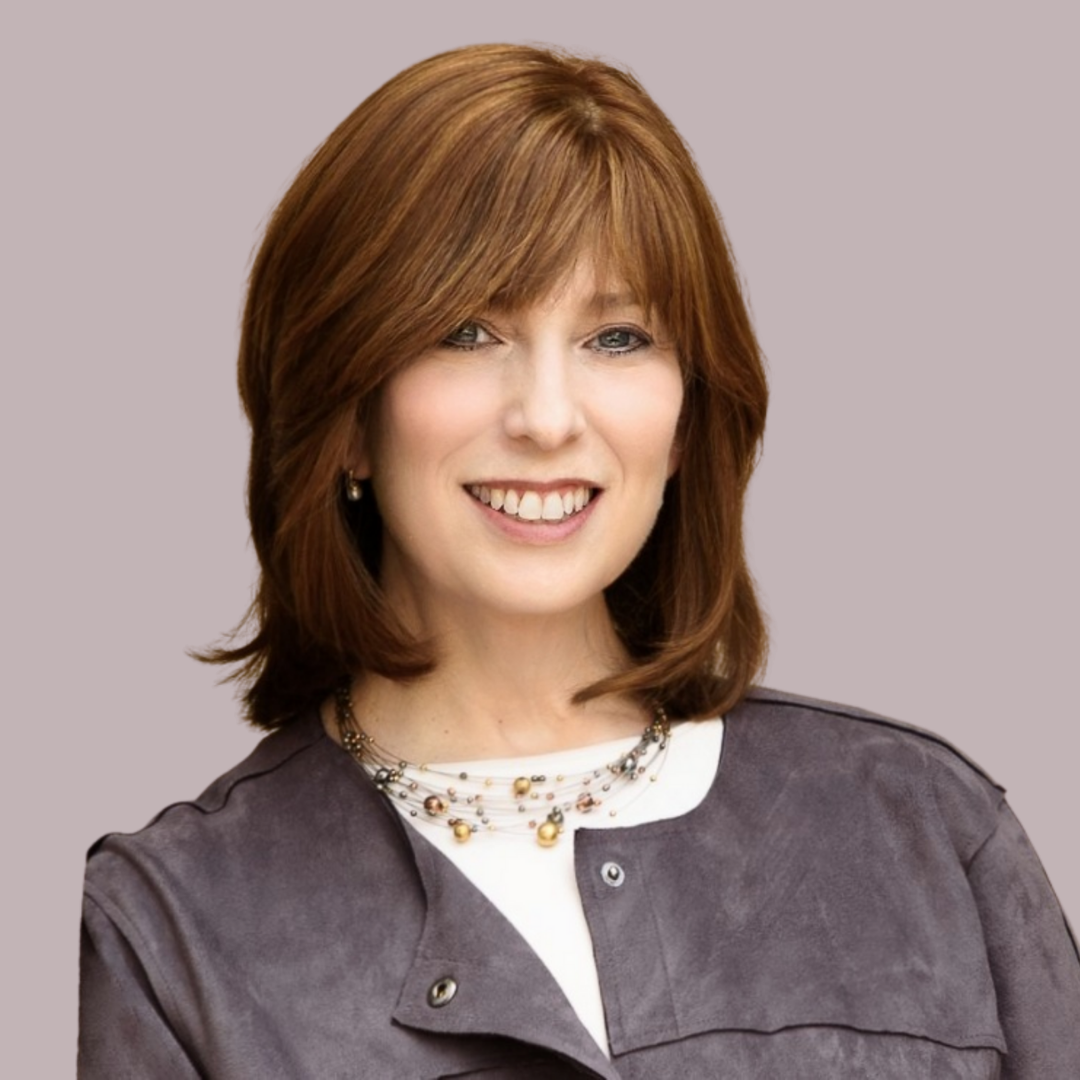
A Message From Our Editor December 2022

Written by Penina Taylor
There’s a line from a pop song called Big Yellow Taxi that says, “Don’t it always seem to go that you don’t know what you got ’til it’s gone?” Although I’ve known about Rabbi Lord Jonathan Sacks, z’tzal, for close to two decades, I unfortunately only discovered what a treasure he was after his passing.
I’ve recently started reading his book, Not in God’s Name: Confronting Religious Violence and I am absolutely convinced that Rabbi Sacks was a modern-day prophet. His words cut to the core, and his ideas could save a wounded world – so much so, in fact, that I believe that every person on earth – of any religion and no religion – should read this book. One of the key concepts he addresses in the book is our “need” to create the division – and to reinforce the division – between “us” and “other”.
This concept was illustrated recently for me on social media. A person of a particular political persuasion made a post that listed all the good attributes of their fellow partisans while listing all the negative attributes of those who subscribe to the “other” political persuasion. When I pointed out the problem with the broad sweeping strokes with which they had painted the “other” group, I was immediately called names and told that I only feel that way because I am one of “them” (which is not true).
I began to ponder what it would take for all humans on earth to consider themselves part of “us”. Short of an attack on Earth from space aliens, I’m not sure that there’s anything that could accomplish that. I even doubt that the Messiah could do something like that, but I will hold out hope that I’m wrong.
It was a similar concept that inspired me to create UNORTHOBOXED. I realized that there was a huge population of Observant Jewish women who were being marginalized as “them” even though they were really a part of “us”. I saw the results of this – highlighted by certain programs featured on Netflix – that when part of “us” is being told they are not “us” but “them” they stop being a part of “us’. The solution? Short of completely eradicating the idea of “us” and “them,” we – the Jewish people – need to learn to expand the definition of “us” to include more than just that which fits the definition of “me”. In spite of our fears, making the tent bigger does not actually threaten the existence of the tent.

